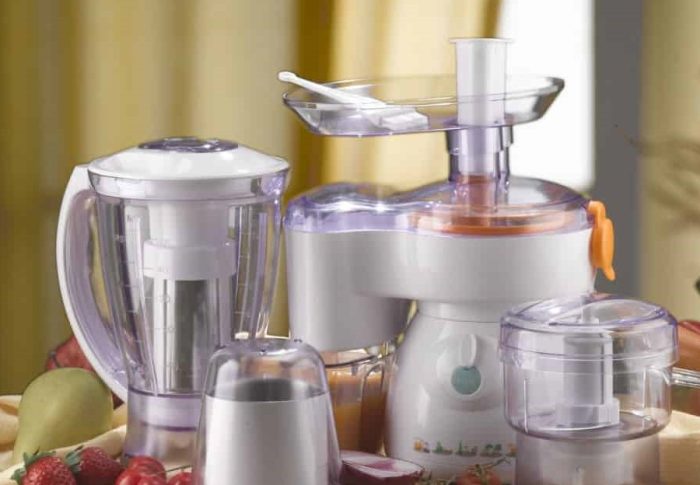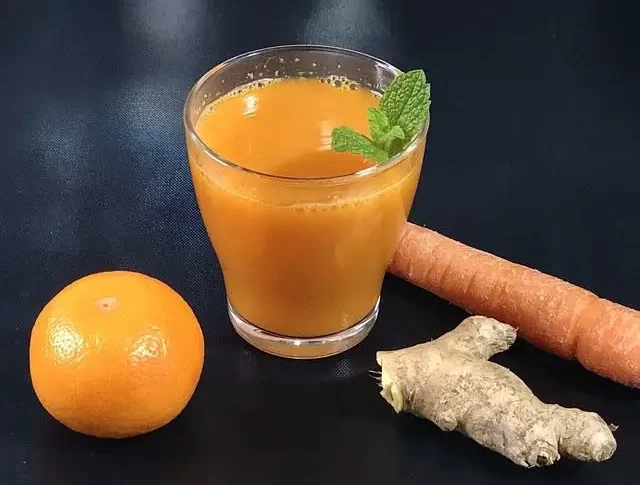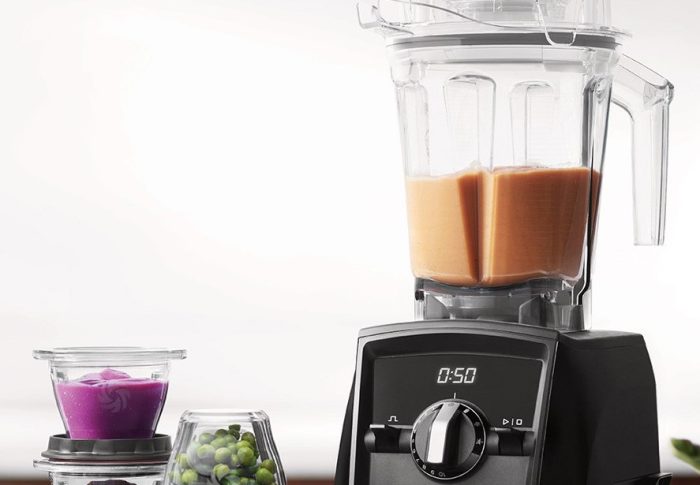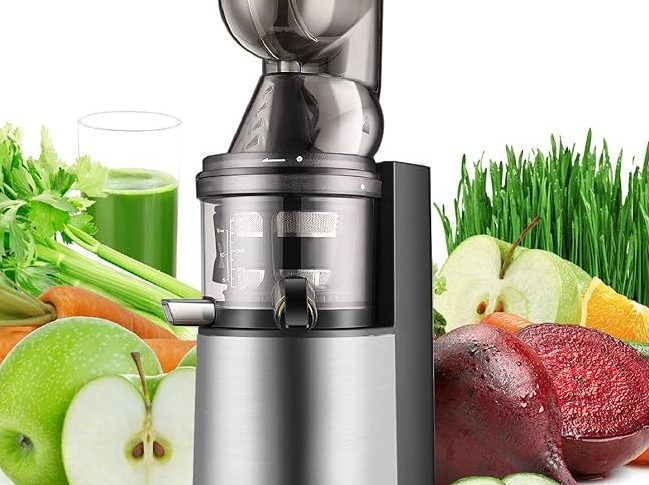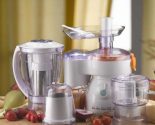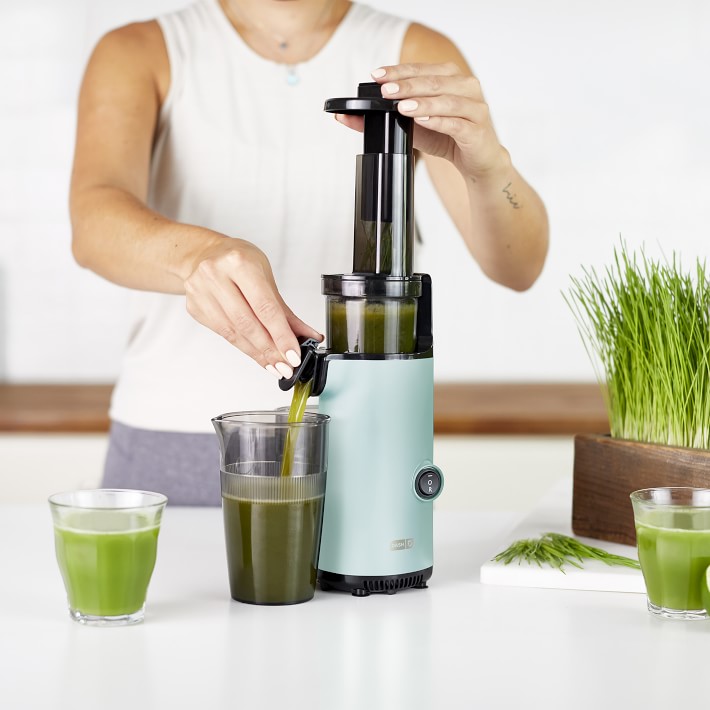
Cold Press vs Regular Juicer: Making the Best Choice
What is a Cold Press Juicer?
A cold press juicer, sometimes known as a masticating or slow juicer, operates by gently pressing fruits and vegetables to extract juice. Unlike centrifugal juicers, which spin rapidly and generate heat, cold press juicers use a slow, grinding motion that preserves vital nutrients and enzymes. Due to their method of extraction, these juicers produce high-quality juices with a more vibrant taste and deeper color. They are particularly effective with leafy greens and hard produce, often yielding more juice and dryer pulp compared to centrifugal models. While they come with a higher price tag and require more time to juice, the health benefits and juice quality they deliver make them a popular choice among health enthusiasts.
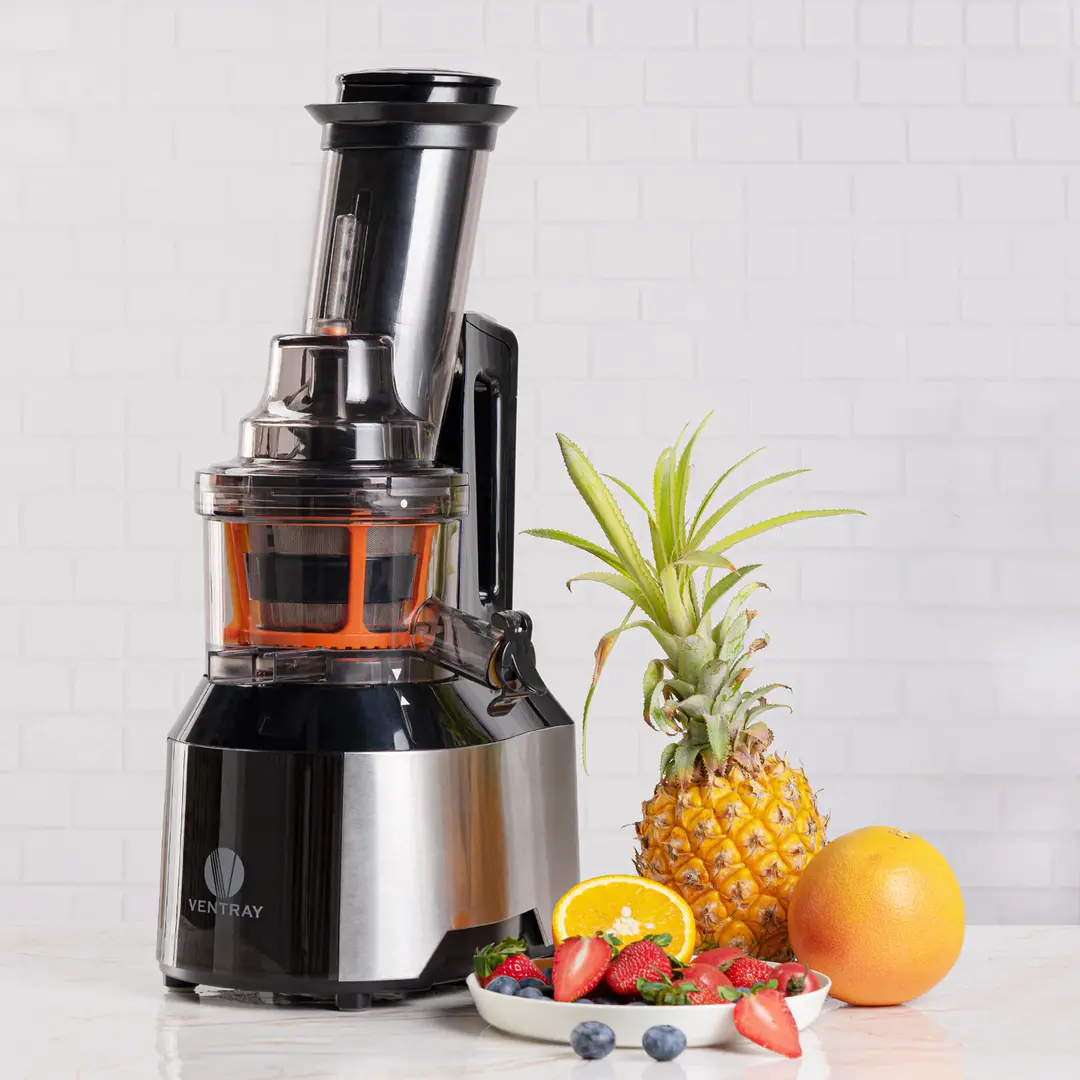
What is a Centrifugal (Regular) Juicer?
A centrifugal juicer, also known as a regular juicer, uses fast-spinning blades to extract juice from produce. Unlike a cold press juicer, this method generates heat through rapid motion. This heat can lead to some nutrient loss. The blades shred fruits and vegetables, forcing the juice through a mesh filter at high speeds. The juice then flows into a container while the pulp is discarded separately. Its main advantages include speed and convenience. It’s quick, allowing you to enjoy fresh juice in a matter of seconds.
Centrifugal juicers have a prominent presence in many households due to their affordability and ease of use. They are typically less expensive than cold press models and user-friendly, ideal for beginners or those with busy lifestyles. Another benefit is the less complex setup and cleaning process, making them a practical choice for daily use. However, their efficiency with leafy greens and soft fruits is not as good as that of cold press juicers.
Despite being a faster option, centrifugal juicers are known for being louder during operation. They also tend to produce juice with a shorter shelf life, which means it’s best consumed immediately after juicing. This type of juicer might not be the best choice for those who are very particular about obtaining the maximum nutrients from their juice or prefer a quieter appliance.
Health Benefits Comparison
When assessing juicers, health benefits are crucial. Let’s compare nutrient retention and juice shelf-life between cold press and centrifugal juicers.
Nutrient Retention
Cold press juicers excell at retaining nutrients. They operate slowly, which minimizes heat, thus preserving vitamins and enzymes better than centrifugal ones. Centrifugal juicers’ fast-spinning blades generate heat, possibly reducing nutrient content. For maximum nutrient preservation, cold press is superior.
Juice Quality and Shelf-Life
Cold press juicer’s methods also mean longer shelf-life for juice. Oxidation occurs slower, maintaining taste and color for days. Centrifugal juices last shorter and tend to separate quicker. A clear choice for lasting quality is cold press over regular.
Juicing Efficiency and Speed
When it comes to juicing efficiency and speed, cold press and regular juicers differ significantly. Centrifugal juicers are known for their swift juicing capabilities. They quickly shred fruits and vegetables, producing juice in seconds. This makes them a favorite for those short on time who need a quick health boost. Cold press juicers, however, take a slower approach. Their methodical process extracts juice at a more leisurely pace. While this might test the patience of some users, the wait yields a more nutrient-rich beverage.
For busy individuals and large families, a centrifugal juicer might seem more appealing. It allows for rapid serving of morning juices without much wait time. But for the health-conscious who prioritize nutrient intake and are willing to wait, cold press juicers offer significant benefits. They may take longer, but the quality of the juice often overshadows the additional juicing minutes.
In a juice-heavy lifestyle, where daily consumption is key, a fast-processing juicer could fit well. But for those who juice less often and value the quality and benefits of their drink, the cold press method stands out despite its slower speed. Therefore, choosing between the two types of juicers often boils down to personal priorities – nutrition or convenience.
Cold Press Juicer Advantages
When choosing between a cold press and regular juicer, it’s worth considering the benefits of each. Cold press juicers offer a variety of advantages that make them stand out.
Better Nutrient Preservation
Cold press juicers operate at a slow pace, using gentle pressure to extract juice. This process generates minimal heat, preserving essential vitamins, enzymes, and nutrients. As a result, the juice retains more of the natural goodness found in fruits and vegetables. You get the maximum health benefits from each glass.
Quieter Operation
A notable feature of cold press juicers is their quiet operation. Unlike the loud whir of centrifugal juicers, cold press models operate with a low-level hum. This makes them an excellent choice for early mornings or late-night juicing without disturbing the peace of your household.
Ideal for Leafy Greens and Fiber-Rich Juices
If you enjoy juices rich in leafy greens like kale and spinach, a cold press juicer is perfect. They are adept at handling fibrous vegetables and extracting high juice yields from them. The pulp produced is also drier, which indicates a more efficient extraction of juice.
Cold Press Juicer Disadvantages
Though cold press juicers rank highly for their quality of juice, they have some downsides.
Higher Cost
Cold press juicers are more expensive than regular ones. The advanced technology for preserving nutrients adds to their price. If you’re on a budget, this could be a significant factor.
More Time-Consuming Process
The slow juicing method of cold press juicers is time-intensive. It’s a slow process, taking more time than regular juicers to extract juice.
Heavier and Bulkier
Cold press juicers are often hefty and occupy more space. They might not be the best choice for small kitchens or if you prefer a lightweight appliance.
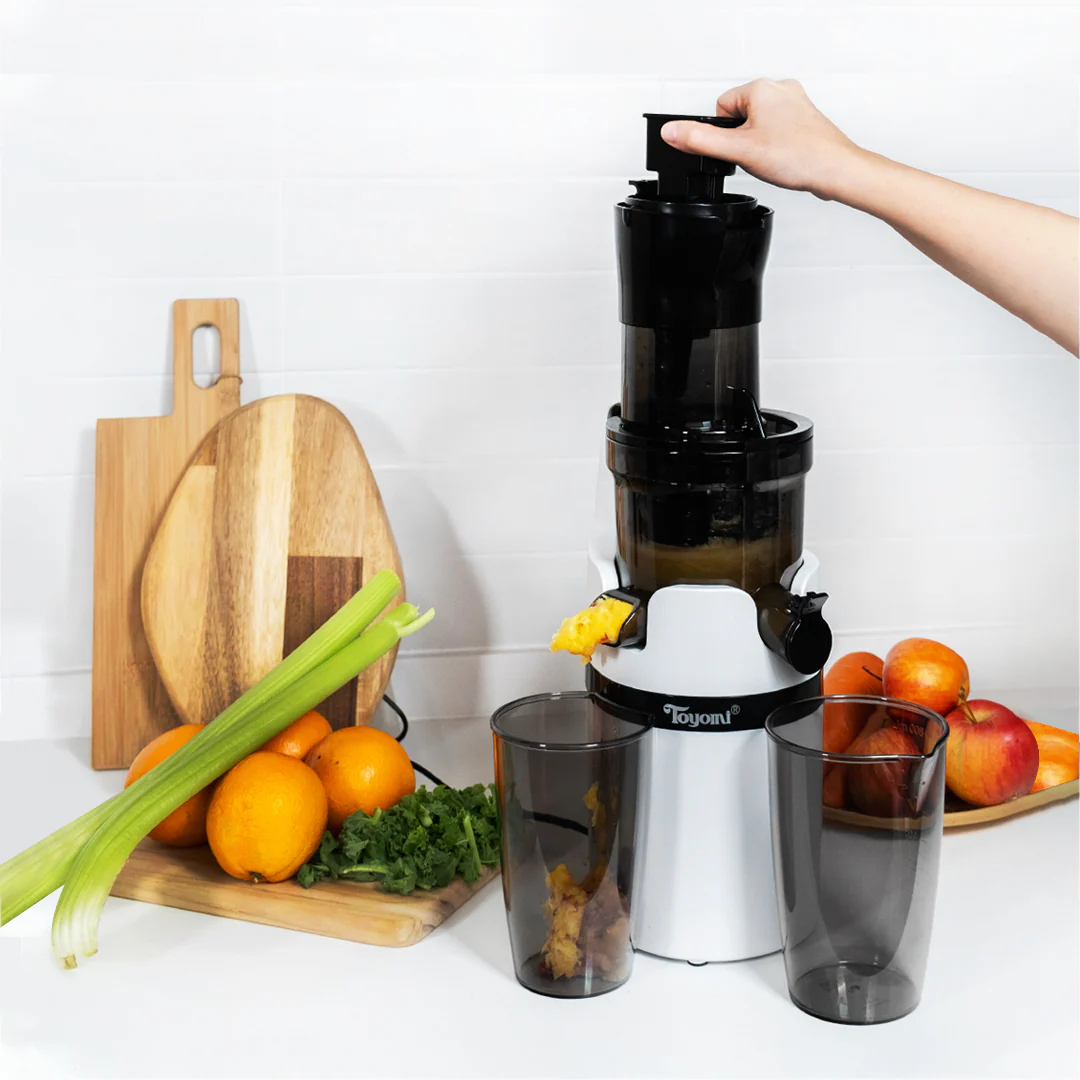 Centrifugal Juicer Advantages
Centrifugal Juicer Advantages
Centrifugal juicers stand out for their rapid juice-making abilities, affordability, and ease of maintenance, giving them an edge in everyday use. Let’s delve into these advantages:
Faster Juice Preparation
Centrifugal juicers shine when you’re in a hurry. Their high-speed blades make quick work of fruits and veggies, producing juice within seconds. This is a big plus for busy mornings or when you need a quick health boost.
More Cost-Effective
If you’re budget-conscious, a centrifugal juicer is a smart pick. They generally cost less than cold press models. This makes them accessible for juicing beginners or those not ready to invest heavily.
Easier Clean-up and Maintenance
Another advantage is the straightforward clean-up. Centrifugal juicers often have fewer parts and are designed for fast, hassle-free cleaning. Plus, they tend to be easier to assemble and disassemble, saving time on maintenance.
Centrifugal Juicer Disadvantages
Lower Nutrient Retention
Centrifugal juicers, due to their fast-speed blades, produce heat. This heat breaks down enzymes and causes nutrient loss. These juicers are less effective at keeping vitamins and minerals intact. Such reduction in nutrients can diminish the overall health benefits of the juice.
Louder Operation
Centrifugal juicers operate at high speeds. This rapid action creates significant noise during juicing. Their loud operation can be disruptive, especially in quiet home environments or early mornings.
Shorter Juice Shelf-Life
The juice made by centrifugal juicers has a lower shelf life. This is because their fast juicing process introduces more air, leading to quicker oxidation. This oxidation causes the juice to separate and degrade faster, making it less ideal for storage. Fresh consumption is necessary to enjoy its benefits.
Key Considerations for Buying a Juicer
When choosing the right juicer, consider your lifestyle, budget, and the types of produce you’ll be juicing. Here are key factors to think about before making your purchase.
Lifestyle and Time Constraints
Your daily routine is vital in your choice of juicer. If you’re often in a rush, a centrifugal juicer quickly makes juice. It’s good for busy people. On the other hand, if you value nutrition more and have time, a cold press juicer is better. It works slowly but keeps more nutrients.
Budget
Centrifugal juicers cost less than cold press ones. They are good for people who want to save money. Cold press juicers are higher in price but make juices rich in nutrients. Think about how much you want to spend before choosing.
Types of Produce to Juice
If you like leafy greens or harder fruits, a cold press juicer is the right pick. It handles these well. For softer fruits and vegetables, a centrifugal juicer can work fine. Consider what you’ll juice most often when selecting.
 Making the Right Choice for Your Home and Health
Making the Right Choice for Your Home and Health
When picking a juicer, align it with your lifestyle, budget, and health goals. If you’re bustling and money-minded, a centrifugal model may suit you. It’s fast and affordable but has nutrient loss. If juice quality is your focus and you can invest more, choose a cold press. It preserves more nutrients and enzymes. This method is slower but better for leafy greens and harder produce.
Consider the following points for a smart choice:
- Time availability for juicing
- Initial and long-term costs
- Variety of fruits and vegetables you’ll juice
- How much noise you can tolerate
- Juice storage needs
Whether health, convenience, or cost is your driving factor, your choice should enhance your life. Remember, a juicer is more than a machine; it’s a gateway to better well-being.

